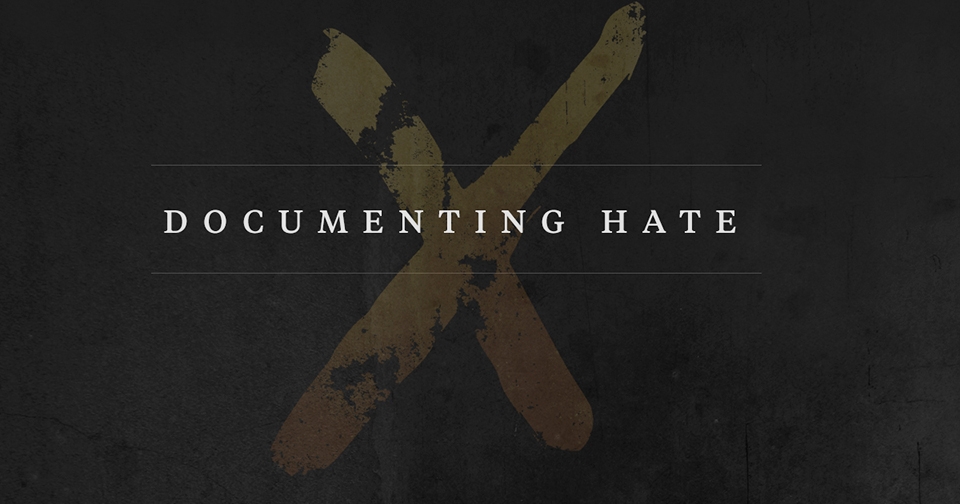
Raymond Arke | News Editor
11/07/17
The Duke is partnering with the nonprofit investigative journalism site ProPublica, other news organizations and civil rights groups to help track hate crimes and incidents of bias at Duquesne University as part of their Documenting Hate project.
The FBI defines hate crimes as “criminal offenses motivated, in whole or in part, by the offender’s bias against a race, religion, disability, sexual orientation, ethnicity, gender or gender identity.” Forty-five states, including Pennsylvania, have laws against hate crimes. There are also federal hate crime laws.
ProPublica explains that a bias incident is “an offense motivated in whole or in part by the offender’s animosity toward the victim’s race, ethnicity, national origin, religion, gender, sexual orientation, disability or other protected status.” These interactions may not be considered crimes, but could include instances of intimidation or harassment.
According to the FBI, hate crimes have been on the rise in the United States. Yet, many incidents go unreported, and the government struggles to keep good track of the ones that do. We want to change that.
While students or faculty can report incidents to Duquesne Public Safety or other administrators, their personal stories often go untold. The Documenting Hate form allows victims to speak to Duke reporters about their experiences. Information submitted through the form will not be shared with the university, and sources can choose to remain anonymous.
Only the partners in the Documenting Hate partnership will have access to the information. The Southern Poverty Law Center, a nonprofit that tracks hate groups and a Documenting Hate partner, advises that a victim should always contact law enforcement first. Submitting this form does not notify law enforcement authorities.
If you have been a victim of a hate crime or bias incident, or been a witness of an event, please fill out the form below. A Duke staff writer may reach out to you for more information.




